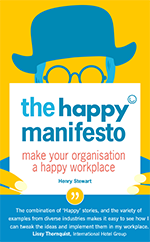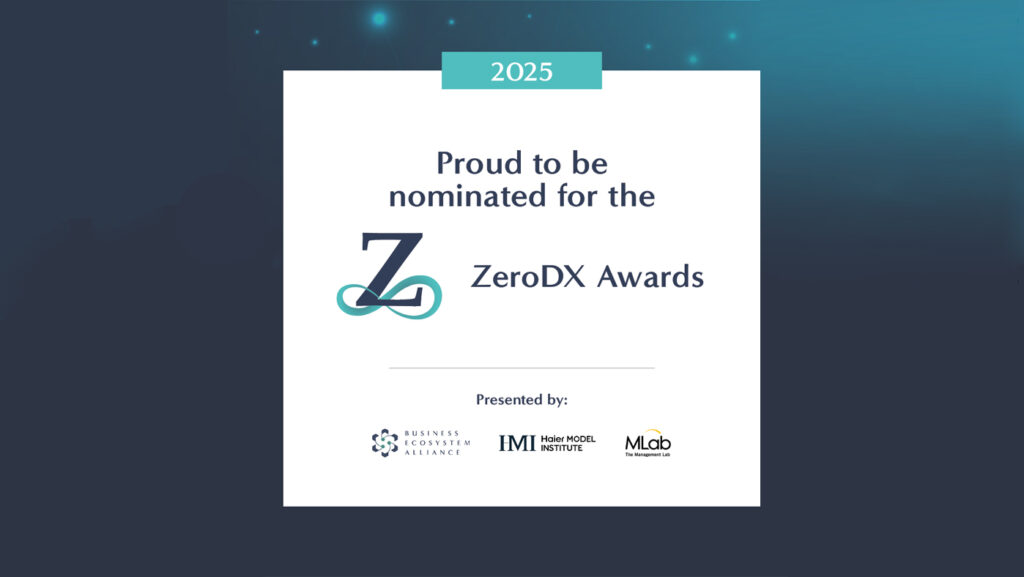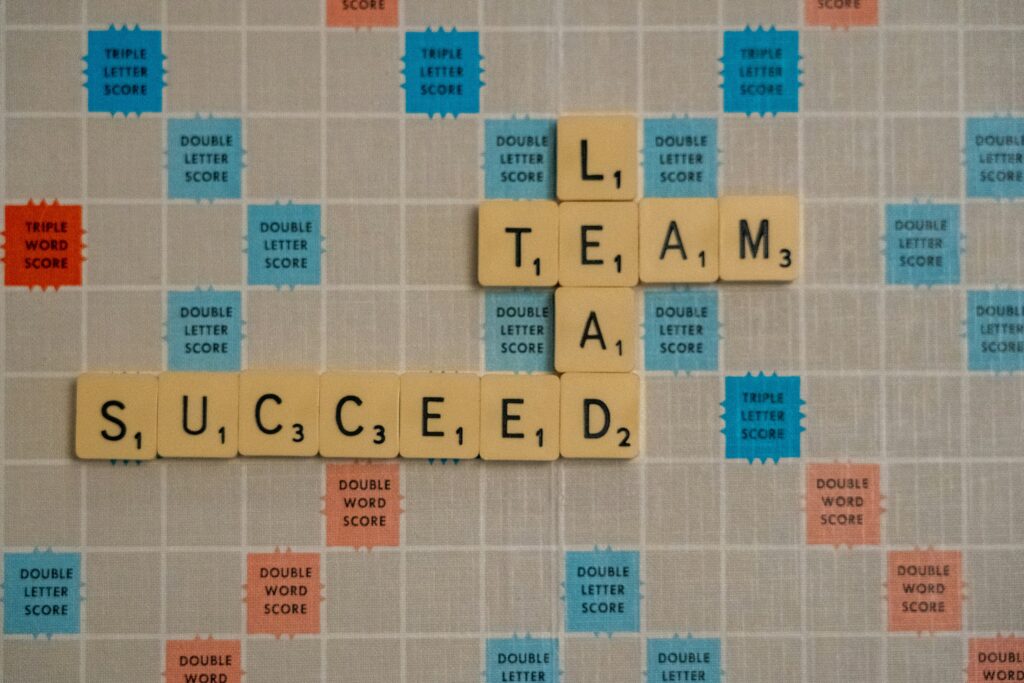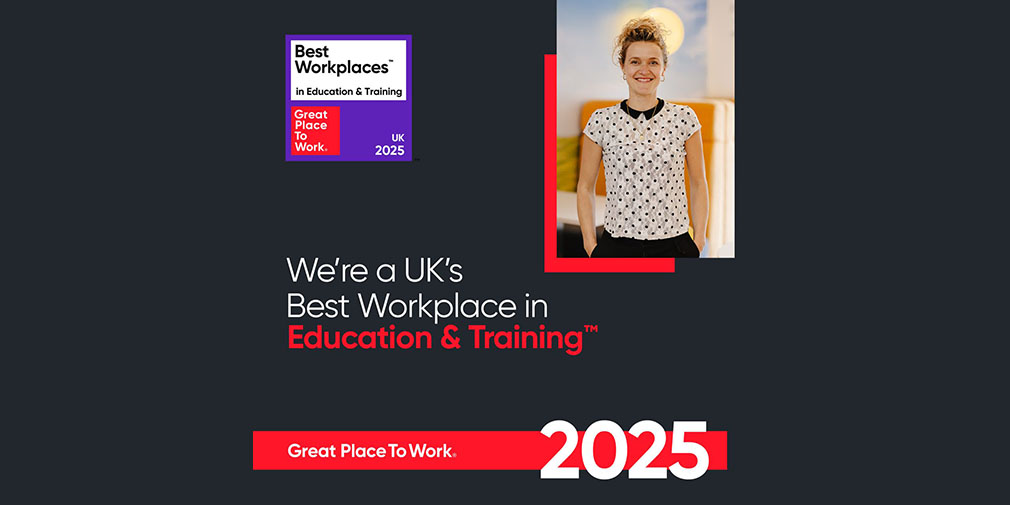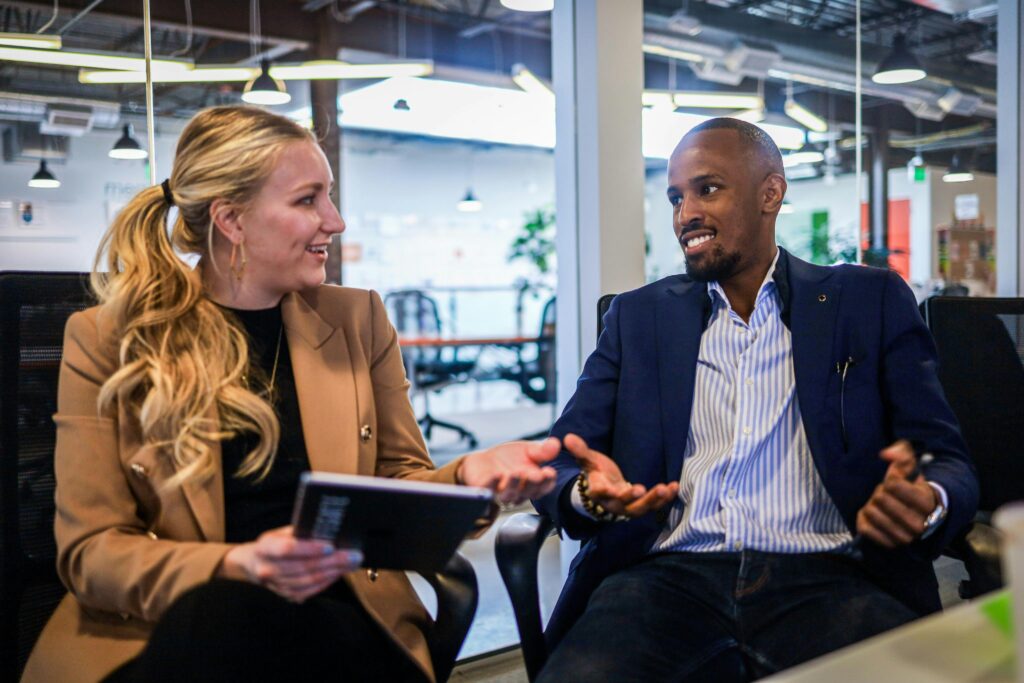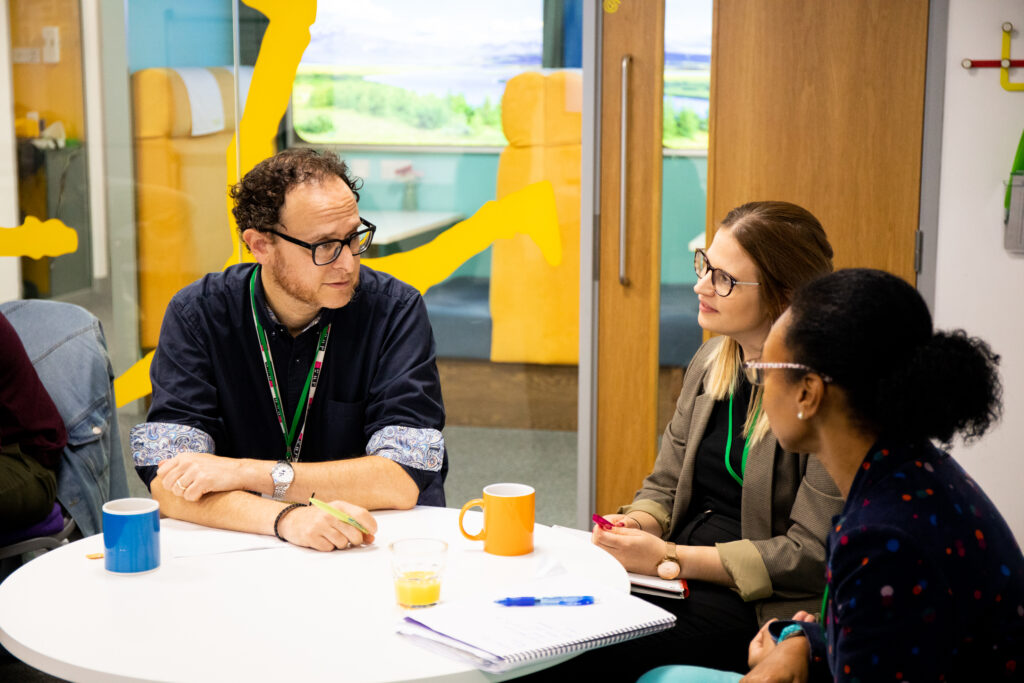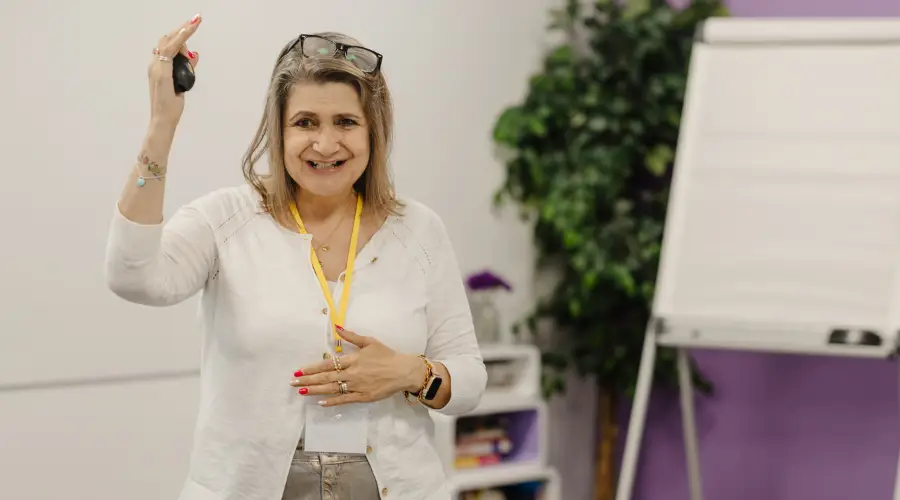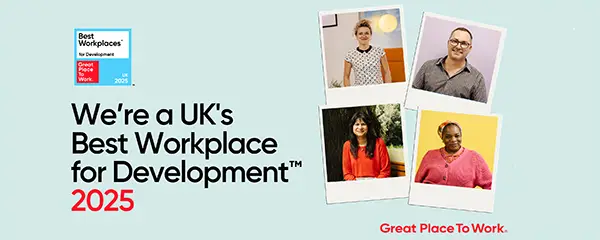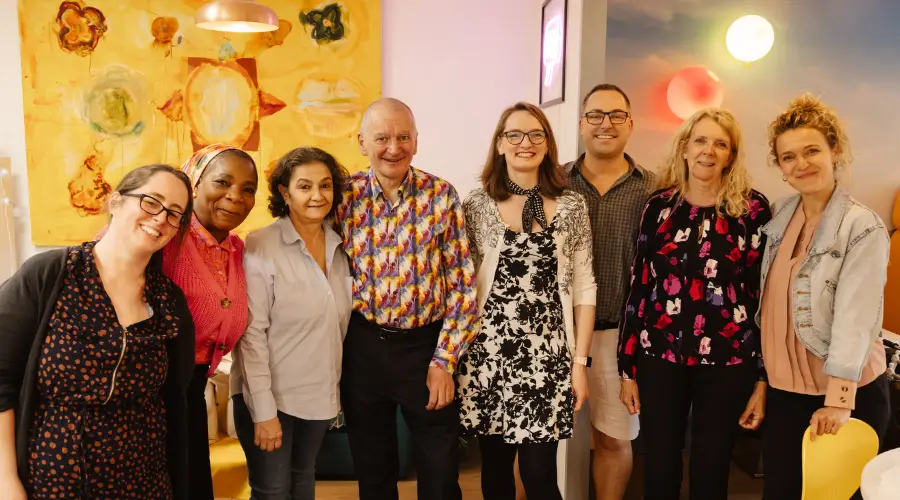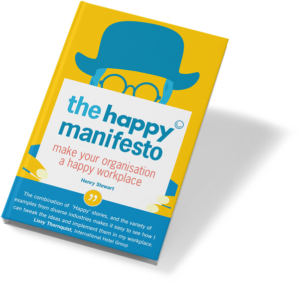Sophie Bryan has been working in HR for more than 15 years. Currently, at Ordinarily Different, she’s the managing director, culture coach and organisational development expert. Ordinarily Different pride themselves on putting the WOW into work – i.e. wellbeing, optimisation and willing.
Sophie knows a lot about coaching cultures and recognises there are many, many definitions. But her 2018 Happy Workplaces speech focuses on just three areas – curiosity, change and learning, and her belief that collaboration is integral to amazing work environments.
Curiosity, for Sophie, is about getting insight into what’s happening with the people around you. To this end, she sees the common appraisal process to be entirely ineffectual. “The way we work appraisals is all about the process, it’s all about the policy, it’s all about validating and giving evidence for the way people perform in case things go wrong,” says Sophie.
Rather than regimented, biannual or yearly appraisals, Sophie advocates for offering performance feedback in the moment, as things happen. The former method shows a lack of curiosity – by sticking to procedure, opportunities to ask questions and learn what’s really happening are wasted.
“Curiosity for me is about using this appraisal process that we have to dig deeper and to ask questions and also give people an opportunity to share and review what’s really going on for them,” says Sophie. By moving away from paperwork and procedural trifles, we can grow our understanding of the real people we’re working with.
Related resources
- 11 takeaways from the 2018 Happy Workplaces conference: read Henry’s blog about all the big ideas discussed at the 2018 Happy Workplaces conference
- Take The Happy Challenge – Henry’s challenges managers to make no decisions for three months
- The Happy Manifesto by Henry Stewart – click here to get your free eBook, full of great ideas for creating a happy workplace
